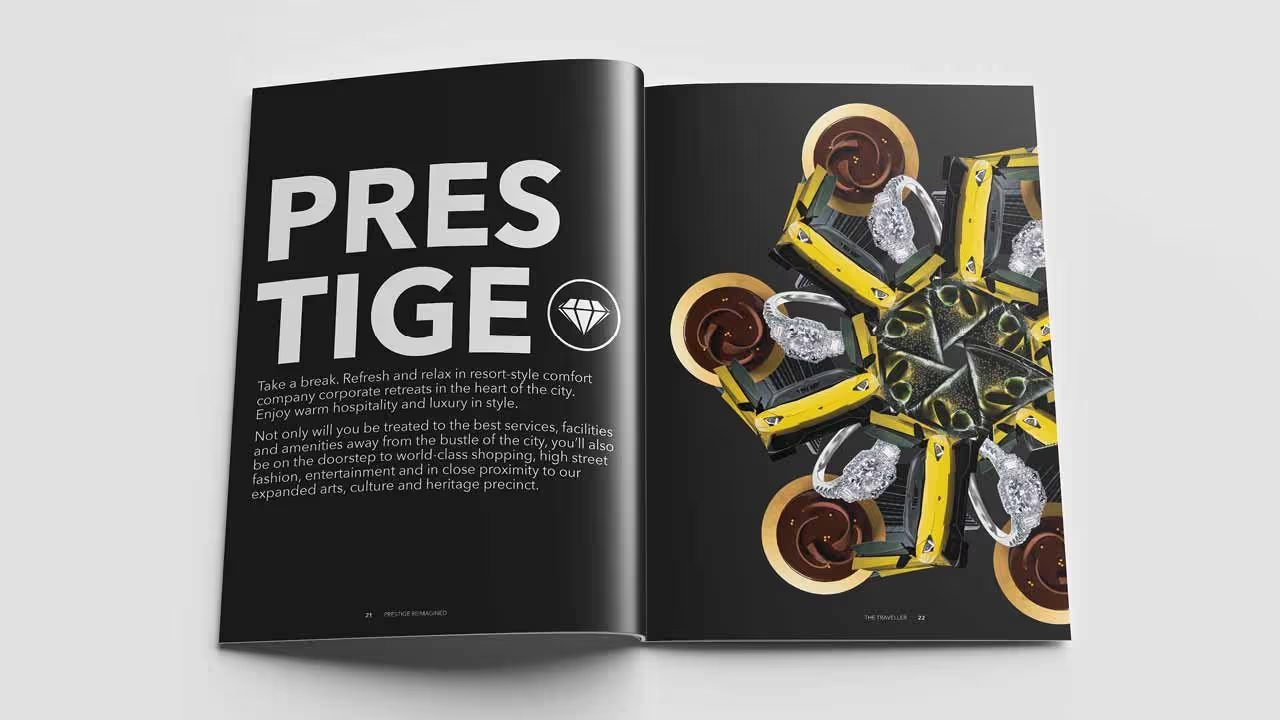The 'post-digital' era, a concept gaining momentum in business and marketing circles, represents an evolution beyond traditional digital marketing strategies. This does not imply the end of digital, but rather, a new phase where digital is no longer a separate or unique entity – it’s a given, embedded in our day-to-day experiences. This shift reflects how businesses are weaving digital into every aspect of their operations and consumer touchpoints.
The rise of the post-digital era
The post-digital era is borne from multiple converging trends:
- the ever-growing consumer demand for personalised, authentic experiences
- the blending of physical and digital realities (so called “phygital” experiences)
- advances in technology such as Artificial Intelligence (AI) and Machine
- Learning (ML) propelling this shift.
Brands no longer have the luxury of treating digital as an isolated channel. Instead, the emphasis is on creating fluid, cross-channel experiences that seamlessly integrate digital with physical. As a result, the post-digital era places high value on an holistic approach.
Implications for branding and engagement
In the post-digital landscape, brands need to create interconnected experiences that blur the lines between the online and offline worlds. This seamless integration is vital for meeting customer expectations, as consumers increasingly view digital and physical as a single, unified experience.
Authenticity is another cornerstone in the post-digital era. Today's consumers can quickly discern genuine brands from those merely trying to sell a product. Brands must, therefore, focus on building genuine relationships and providing meaningful value to their customers.
Furthermore, the post-digital era intensifies the spotlight on data privacy and ethics. With digital embedded into our daily lives, consumers are more aware of their digital footprint. Brands that transparently handle data and respect user privacy will earn customer trust and enhance their reputation.
“So, the theory is great but what does it look like in the real world?”
One company that is successfully navigating the post-digital era is IKEA. They've taken their physical catalogue and transformed it into an interactive digital experience through augmented reality (AR). By blending physical products with digital interactivity, IKEA delivers a unique and personalised experience for customers with their IKEA Place app. A totally seamless experience that engages customers and allows them to completely personalise their shopping experience.
Similarly, Australian supermarket chain Woolworths has integrated digital technology into its physical stores. Customers can use the Woolworths app to navigate aisles, view specials, and make shopping lists – a perfect example of a seamless phygital experience.
Lush Cosmetics embraces a post-digital strategy with their "naked" stores – shops completely free of packaging. These stores are not only a nod to sustainability (especially important to Gen Y and Gen Z consumers), but they also offer a unique shopping experience. Customers can use a Lush Lens (available on devices provided in-store or on an app) to scan unpackaged products and receive information about ingredients, price, and use. This initiative blends the physical product with digital elements, creating a post-digital experience that's environmentally friendly and immersive.
Decentraland, a 3D virtual world, hosted the Metaverse Festival, a groundbreaking phygital event that blended physical and digital elements in a unique way. The festival, which featured prominent figures like Deadmau5 and Paris Hilton, offered attendees a digital version of a traditional festival experience. This included uniquely crafted digital spaces, socialising areas, and even the use of the in-game crypto, MANA, for purchasing digital merchandise. This festival represented a significant advancement in event planning, blurring the lines between the physical and digital realms.
Our own client, The Traveller, gave us the opportunity to produce a new sales brochure for Singapore travel - “Singapore Reimagined”. Traditionally a hard copy print brochure, we produced an interactive digital experience that allows the user to navigate a dynamic environment where video showcasing, links and different chapters aligning to types of stays gives them an experience far beyond a normal sales aid. The added benefit to us as marketers was the ability to track analytics and see what users and potential customers were interested in, where they were engaging, and what resonated.















Future outlook and predictions
As we move deeper into the post-digital era, the boundaries between physical and digital experiences will continue to blur. This transformation will be powered by technologies such as Artificial Intelligence (AI), Augmented Reality (AR), Virtual Reality (VR), and the Internet of Things (IoT), which will further integrate our digital and physical worlds.
- Artificial Intelligence (AI): AI's role in personalisation will continue to evolve. Brands will not only use AI to analyse customer data but also to predict future behaviours and preferences, thereby providing hyper-personalised experiences. Imagine a retail store where AI, through predictive analysis, knows your style preferences before you walk in, offering you a tailor-made shopping experience.
- Augmented Reality (AR) and Virtual Reality (VR): AR and VR technologies will give brands new ways to enhance customer experience and tell their stories. For example, AR could allow customers to virtually try products at home before making a purchase, or VR could provide immersive brand experiences, such as a virtual tour of a winery or a behind-the-scenes look at how a product is made.
- Internet of Things (IoT): The IoT will play a significant role in connecting the physical and digital worlds, enabling brands to offer real-time, personalised services based on data from connected devices. For instance, a smart fridge could notify you when you're running low on your favourite drink, and with your permission, place an order on your behalf.
- Ethics and privacy: As technology advances, ethical considerations and data privacy will become even more crucial. Brands will need to ensure they are using customer data responsibly and transparently. Blockchain technology could help provide secure, transparent data management, giving customers confidence in how their data is being used.
“These predictions offer exciting opportunities for brands. However, it’s crucial that as they navigate this new post-digital landscape, they remain focused on their core values and on providing genuine value to their customers. After all, the most potent aspect of any brand strategy, post-digital or otherwise, is its ability to create authentic, meaningful connections with its audience.”










.avif)
















.avif)



















